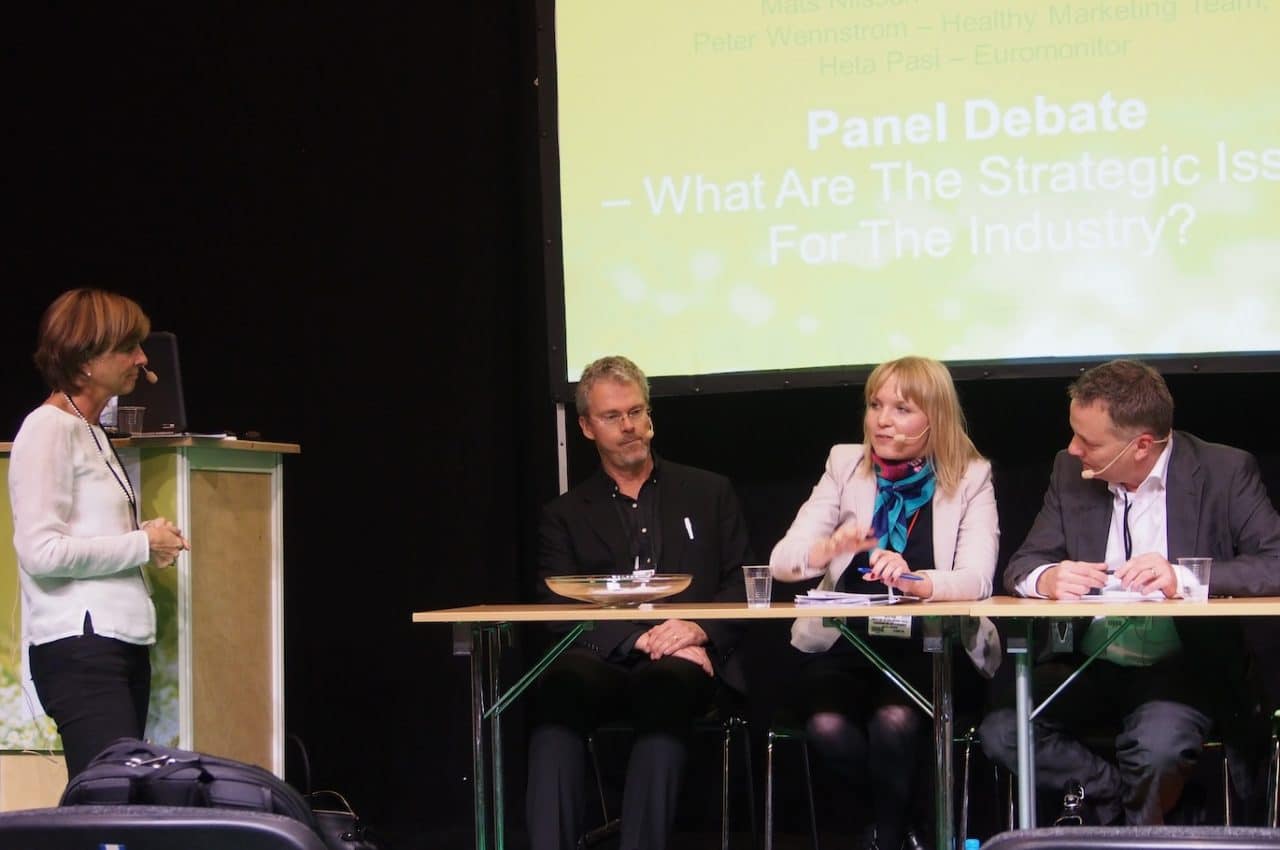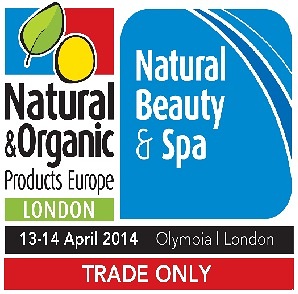Leading figures from the Nordic natural and organic sectors discussed key strategic issues for their industries in two lively discussions at Natural Products Scandinavia, held in Malmö last month.
At the Nordic Self Care Conference Matts Nilsson from Svennsk Egenvard said that the natural health sector needed to be “better organized both at the Nordic and Europe-wide levels”. He said that industry needed to work within the legislation, but added that there were “several big obstacles to marketing products successfully”. Picking up on this, Peter Wennstrom of The Healthy Marketing Team, said that while regulation was tough, there was “quite a lot of space to operate in”. But he warned that the natural heath products debate was often reduced to a narrow ‘consumer trust versus consumer distrust’ discussion because of conflicting information from the authorities.
“he warned that the heath products debate was often reduced to a narrow ‘consumer trust versus consumer distrust’ discussion because of conflicting information from the authorities”
Echoing the situation in the UK, Nilsson commented that “the press is very negative here in Sweden”. He urged the industry to feed the media with “the positive data”, citing recent upbeat headlines on vitamin D research as examples of the benefits of the approach. Heta Pasi from Euromonitor hinted at a need for more innovation. Highlighting the challenge of a mature industry being able to deliver future growth, she said: “We have a situation in some areas where supply is outpacing demand.”
Meanwhile, over in the MAIA Organic Theatre, experts from across the Nordic organic world – plus a wild card in the form of the Soil Association’s Lee Holdsock! – debated the issues facing the region’s organic movement.
Joahn Cejie, from leading Swedish organic body KRAV, stressed the importance of public procurement. “To be truthful, it probably saved us in 2012,” he said. Underlining the opportunity, Gunilla Andersson from the City of Malmö, said that the city assembly could be spending as much as €20 million on organic food and drink by 2020, when it is due to meet its target of being an all-organic food purchaser. The city already had reached 40% organic procurement, she added.
Looking at wider organic priorities, Cejie said that while the organic movement’s underpinning ethos was to change the world, it needed practical targets if it was to achieve its goals. “Proactively trying to change consumers’ habits is a really important priority for us now,” he added. He conceded that the organic industry “needs to do retail better” and he called for a greater level of collaboration between organic organisations and businesses.
Nathalie Aldana, of Direct Trade, gave an inspiring account of her own direct trade adventure, which began with a visit to her father’s home village in Colombia, where she discovered small farmers were being “betrayed and cheated by wholesalers”. The experience planted the seed for her own business – Aldana now buys fruit directly from Colombian farmers and sells jams and marmalades directly to shops in Sweden. Through Direct Trade, she added, farmers “get better paid and support in going organic”.
Lee Holdstock, described to a Scandinavian audience, the UK’s unenviable record of being the only country in Europe whose organic market declined in size during the recession. He put this down to a lack of governmental support and panic from the supermarkets who stripped organic lines from their shelves, dramatically reducing consumer access. But he said that hard work by organic brands and organizations like the Soil Association had helped set the UK organic sector back on a growth path.
“Organic is neither left wing wing nor right wing” – Gunilla Andersson
In a discussion on the political dimension of food policy, Gunilla Andersson argued that organic was “neither left wing wing nor right wing” and should be seen in terms of its key contribution to a more sustainable food and farming future.
• Natural Products Scandinavia returns to Malmö on 26-27 October 2014





